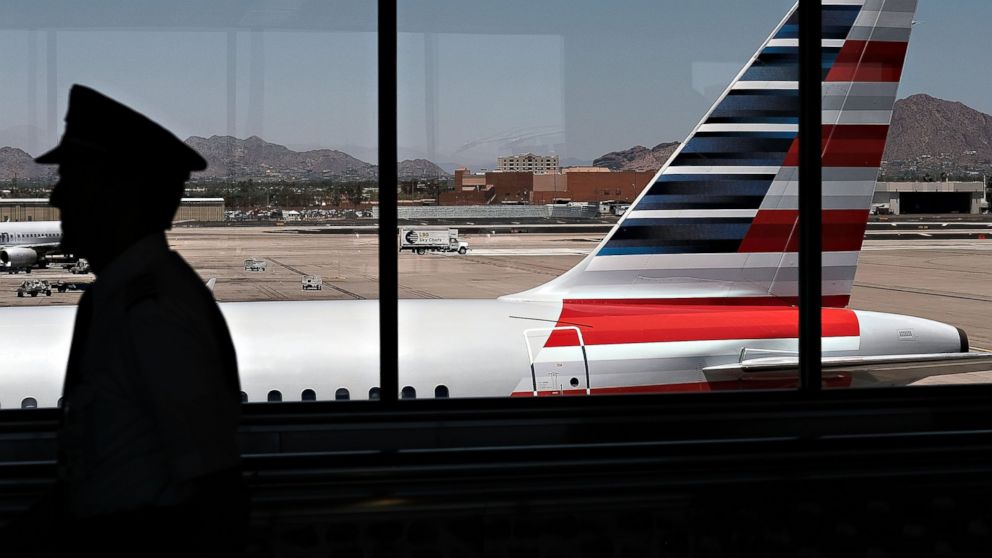Increasing Concern About 'Insider Threats' at US Airports: Gov't Report
Employee security protocols leave us vulnerable, according to a report.

— -- There is an increasing concern that America’s airports are vulnerable to "insider threats" by would-be “lone wolf” attackers with access to secure areas, according to a new report by the House Homeland Security Committee.
“America’s airports and aircraft remain vulnerable to attack and exploitation by nefarious individuals,” the report says. “Current security standards would likely fail to prevent a determined adversary with insider access from causing harm to an airport or aircraft.”
Most of the 900,000 people who work at airports across the country can bypass normal security screening on a regular basis, according to the committee. Only three airports -- Miami, Orlando, and Atlanta International -– screen 100 percent of employees (and their baggage) before allowing them to enter the airport’s secure areas.
Many of the rest rely on scattered random screening and credentialing, exposing worrisome “security flaws” that could be exploited in "'lone wolf' attacks being inspired by terrorist groups like ISIS," says the report.
Investigators cited in the report say the best random screens are unpredictable, which could help deter would-be terrorists who would otherwise find a way to work around regular security checks. And yet, vulnerabilities remain.
Over the past decade, several airport workers with access to secure areas -– including a cart driver at Minneapolis-St. Paul Airport and, several years later, a jet fueler at the same airport –- have joined terror groups like al-Shabaab and ISIS abroad. One contractor at Dallas-Fort Worth even bragged to an undercover FBI agent that he could smuggle a bomb onto an aircraft for a $4,000 fee. (He was later arrested, convicted, and sentenced to 15 years.)
Perhaps even more concerning, an inspector general’s report released in 2015 found 73 aviation workers with possible ties to terrorism that were not revealed on background checks.
To combat the insider threat, the Homeland Security Committee report recommends airports “examine costs and feasibility of expanding physical screening,” increase covert testing, consider biometric access credentialing (fingerprints or retina scans), conduct continuous background testing, and quickly deactivate badges when they’re lost or the employee is let go.
“Industry infighting, jurisdictional battles, inconvenience, and cost concerns are not justifiable reasons to cause delays to enhancing the security of the American homeland and our aviation system,” the report concludes.
“TSA appreciates the House Homeland Security Committee’s efforts to help secure America’s airports," the TSA said in a statement. "We are reviewing the report and will continue to work with the committee as well as our industry, intelligence community, and law enforcement partners to ensure all modes of transportation remain secure.”
ABC News' Daniel Steinberger contributed to this report.




